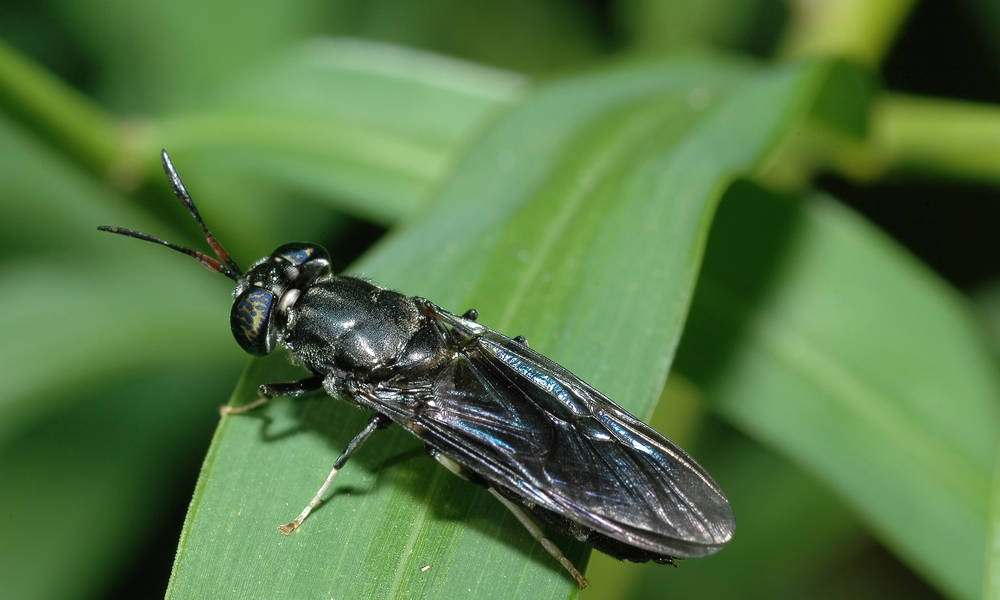
Edible Insect Group Shifts Focus From Food to Agriculture
The North American Coalition for Insect Agriculture once sought to get people to consider eating bugs. While it’s not dropping that mission entirely, the coalition is expanding into educational efforts that will promote the role of insects throughout the food chain.
If the idea of a trade group dedicated to encouraging you to eat insects, as we reported on in 2016, grossed you out, you might be pleased to know that the association has expanded its mission.
After all, there are plenty of other parts of the food chain that could benefit from the nutritional value of bugs.
The former North American Edible Insects Coalition has changed its name to the North American Coalition for Insect Agriculture and is shifting its focus: NACIA will make the case for using insects as animal feed for a wide variety of creatures, from fish to farm animals, according to a report in Pacific Standard. In fact, one animal feed company recently won approval to sell insect-based feed for fish in the U.S.—the first time that’s ever happened.
The group is reorganizing as a 501(c)(3) educational nonprofit with a mission to become “a consolidated voice to encourage the positive growth of insects as both feed and food.”
“Part of that reasoning is to be able to apply for grant funding—as opposed to the goals of a trade association,” NACIA Board Chair Robert Allen explained to FeedNavigator. “Educating the public, consumers, and businesses, identifying the research that is needed, and helping aggregate research and potentially prioritizing and funding future research—those activities [are] a lot more pertinent.”
The organization’s founders certainly won’t mind if you want to eat a grasshopper taco, but if you prefer to nosh on a fish taco and that fish survived on bugs, NACIA’s stakeholders still win out in the end. In fact, the benefits might be even bigger, ecologically speaking.
“If insect meal becomes a substitute for even a portion of feed demand, then we have something powerful—something that leads to less fish taken from the ocean,” Allen told Pacific Standard.
The larvae of the black soldier fly, shown, is being produced as fish food. (WebSubstance/iStock/Getty Images Plus)






Comments